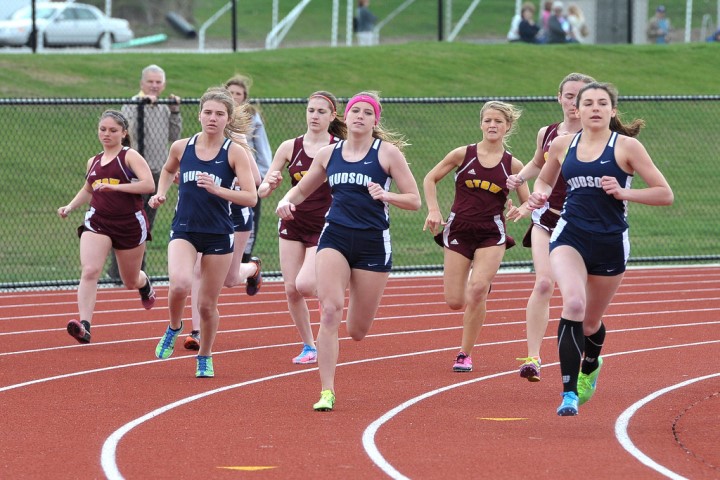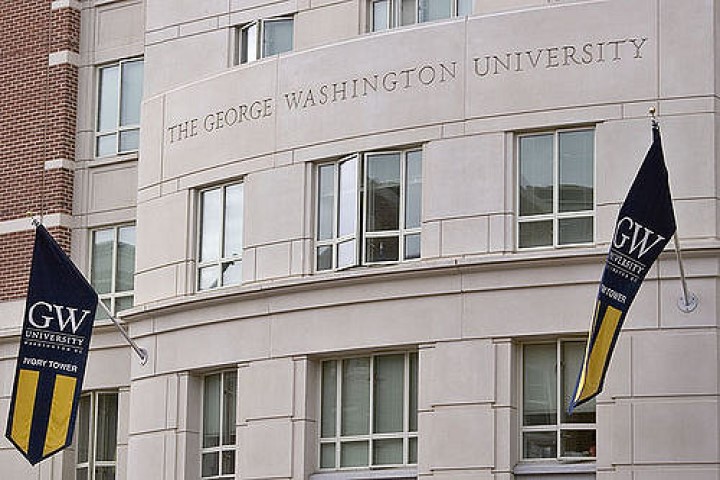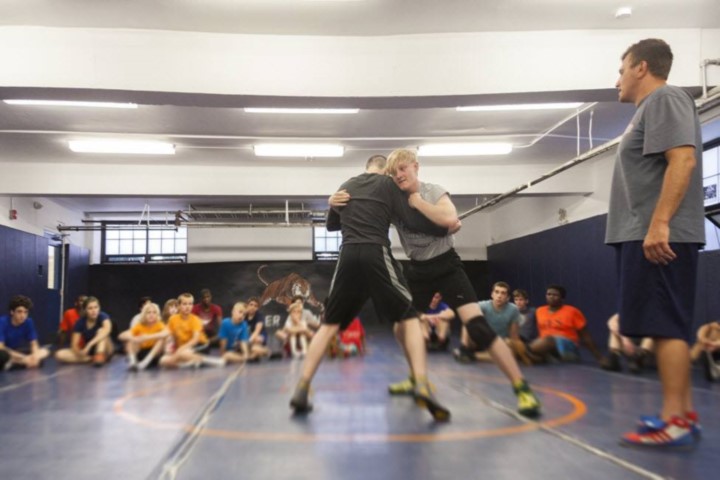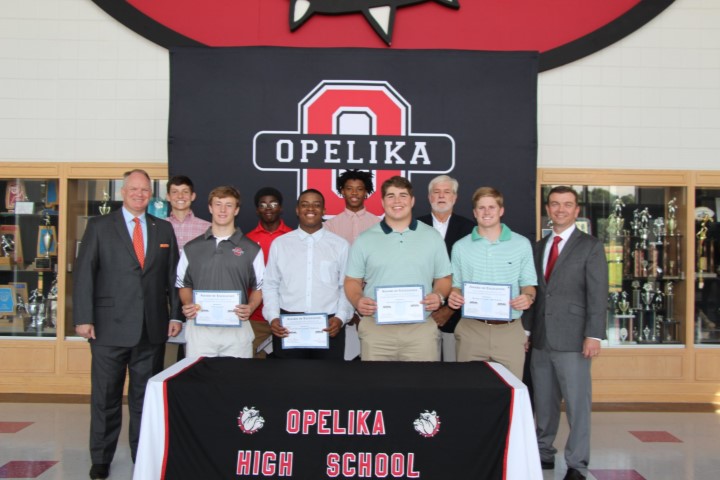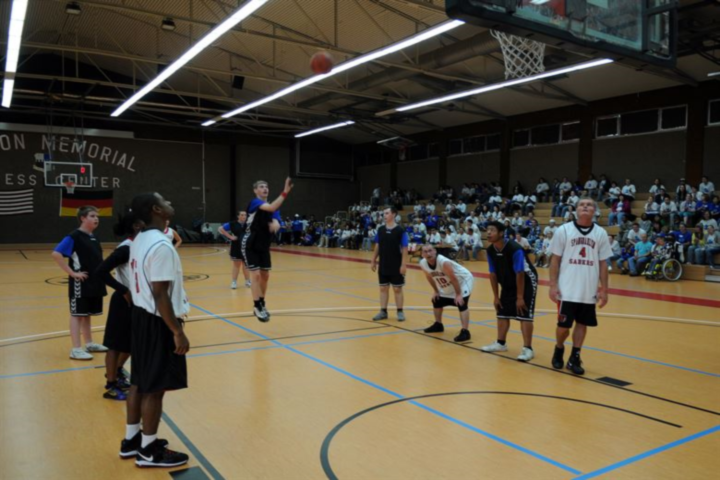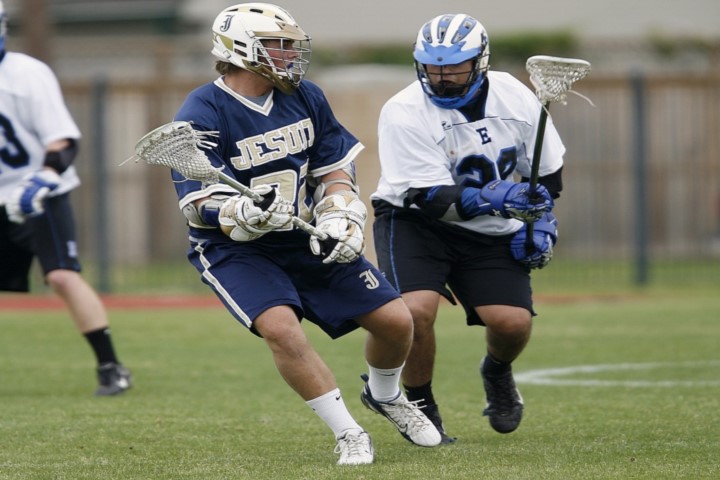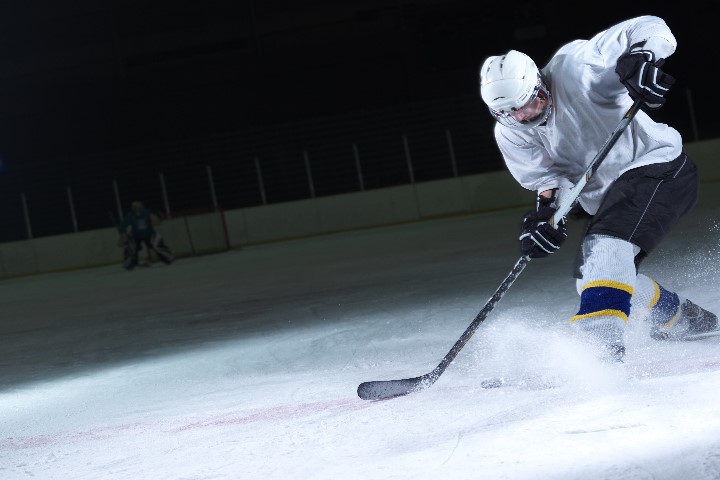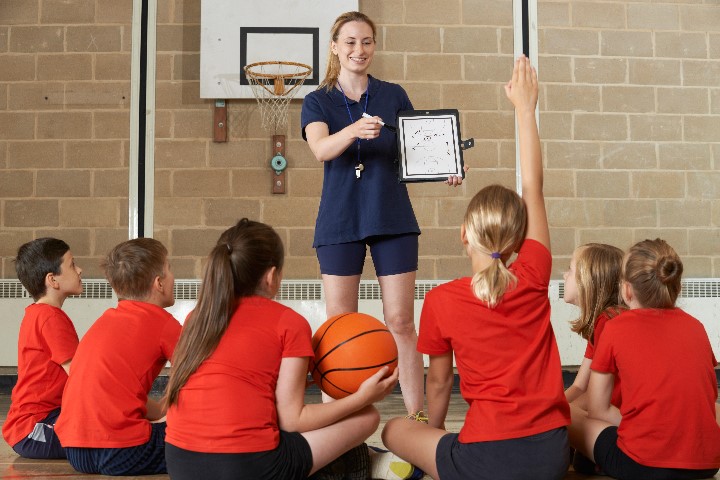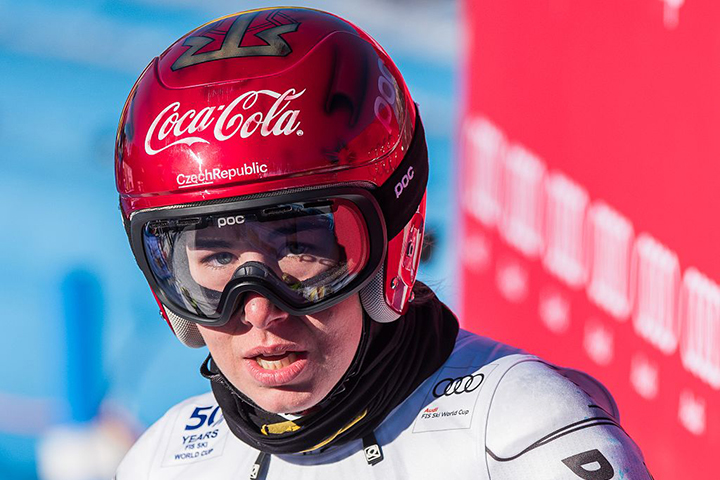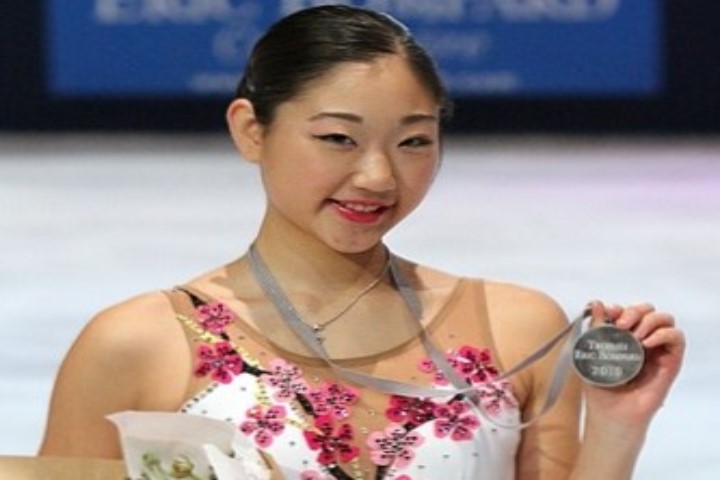College surveys show students who engage in extra-curricular activities do better in class, have more friends, and generally enjoy their experience more than those who stick to the sidelines.
The Signal, the University of Houston-Clear Lake’s student newspaper, recently highlighted some of the benefits students can expect if they opt to take part in the school’s more than 90 different clubs and organizations.
“For example, a 2010 Purdue University study on the relationship between undergraduate student activity and academic performance reported that ‘participation in student organizations can lead to the development of social and leadership skills, higher retention rates, heighted self-confidence, and improved satisfaction with college, the ability to see course curriculum as more relevant, and further success after college,’” according to site.
“The Purdue study also indicated that students involved on campus showed a grade point average that was significantly higher than the general student population.”
The Signal pointed to other benefits, as well, including practice building time management, project management, communication and team building skills.
“There are many other ways, in addition to joining a student organization, for students to get involved on campus,” the site reports. “Students can join an intramural sports league, attend campus events or participate in student government. Students can also get a job on campus, such as becoming a tutor, teaching assistant or research assistant, and joining the school newspaper.”
Internships and volunteer work are other avenues students can pursue to engage in the school community.
“All of these options are great resume builders,” according to The Signal. “Becoming involved on campus can allow students to learn soft skills, network and feel more connected.”
Students’ extra-curricular involvement also shapes their character, because “individuals are social creatures inextricably embedded in their communities,” according to James Davison Hunter, founder of the Institute for Advanced Studies in Culture.
In his book “The Death of Character,” Davison wrote:
Experience was always a precursor to the possession of character and practical wisdom, for it schools the individual in the range of circumstances within which the virtues would find expression.
The Jesuit Schools Network also recognizes the benefits of extra-curricular activities, and its “Profile of the Graduate” provides a more in-depth look at the character virtues the school system aims to instill in graduating students.
And while experiences outside of the classroom undoubtedly strengthens many of the virtues expected of Jesuit graduates, it’s particularly important to ensuring they’re “open to growth.”
“The Jesuit high school student at the time of graduation has matured as a person – emotionally, intellectually, physically, socially and religiously – to a level that reflects some intentional responsibility for one’s own growth,” according to the profile.
“The graduate is beginning to reach out in his or her development, seeking opportunities to stretch one’s mind, imagination, feelings, and religious consciousness.”
